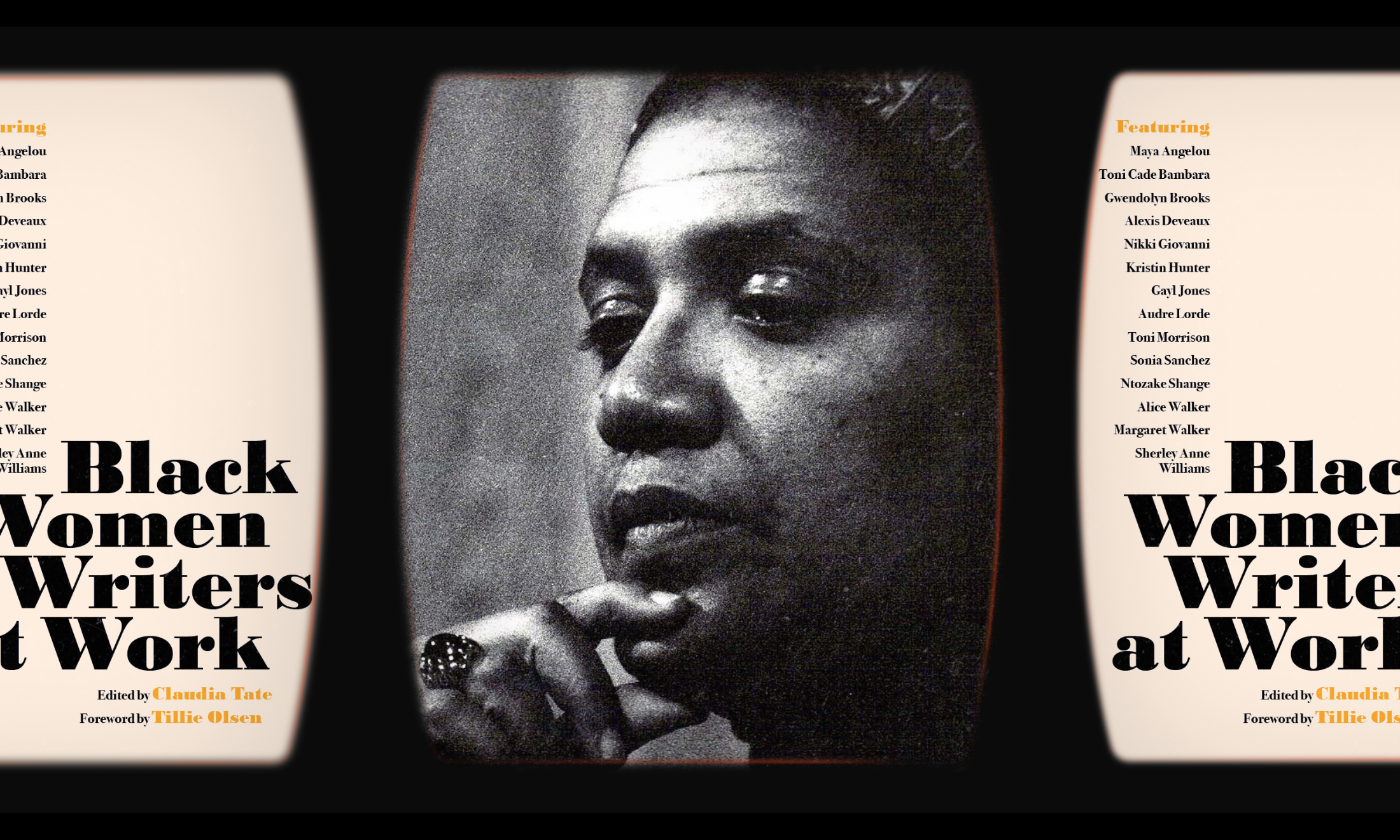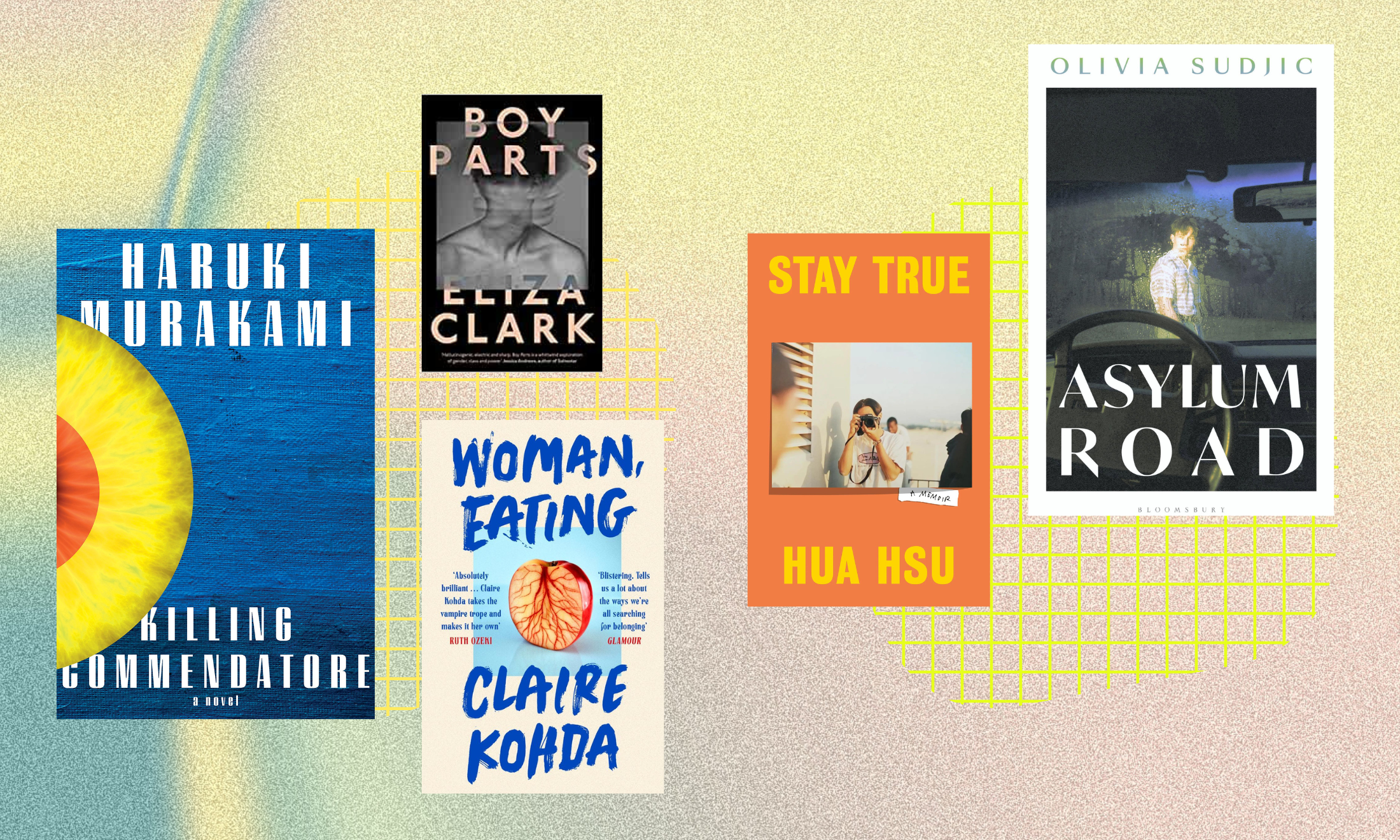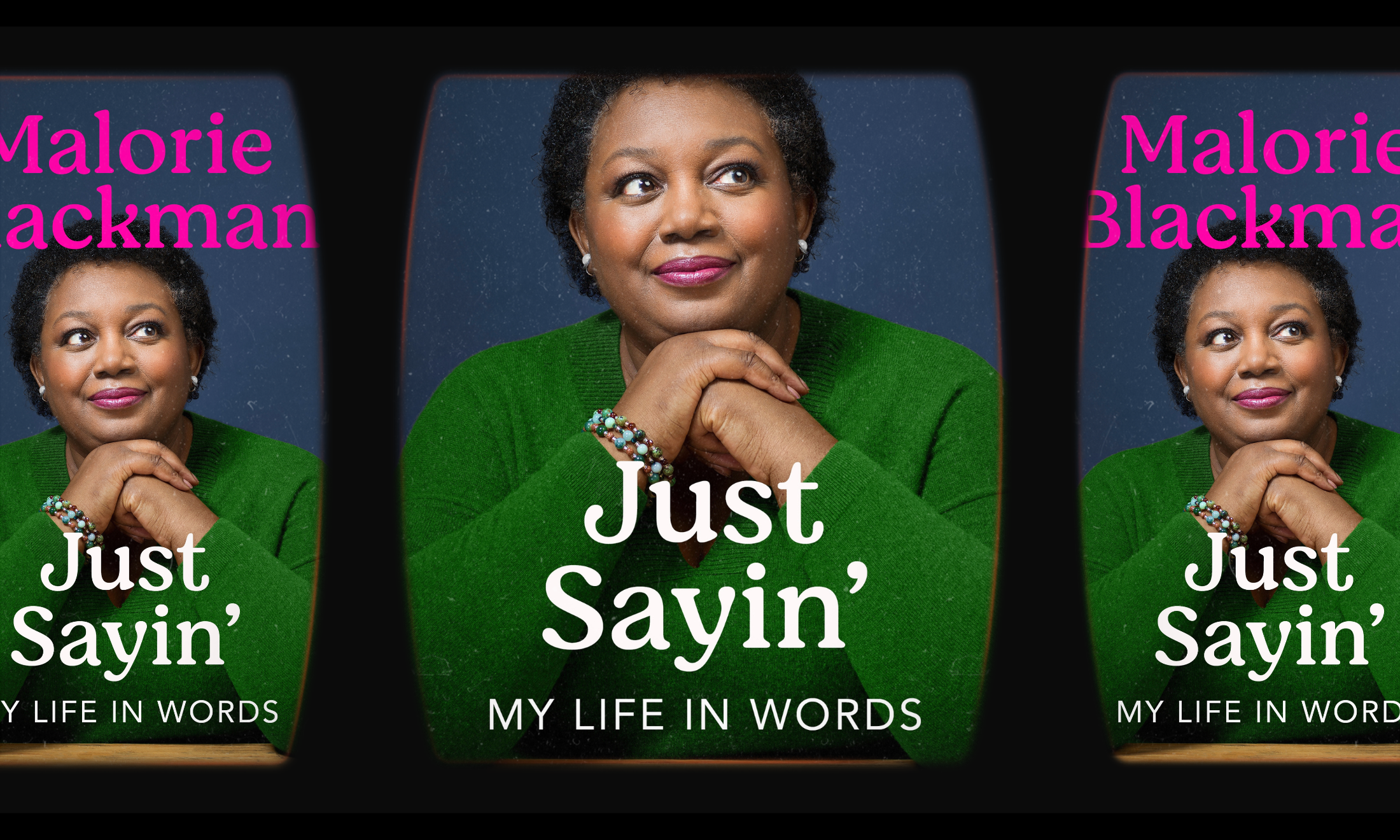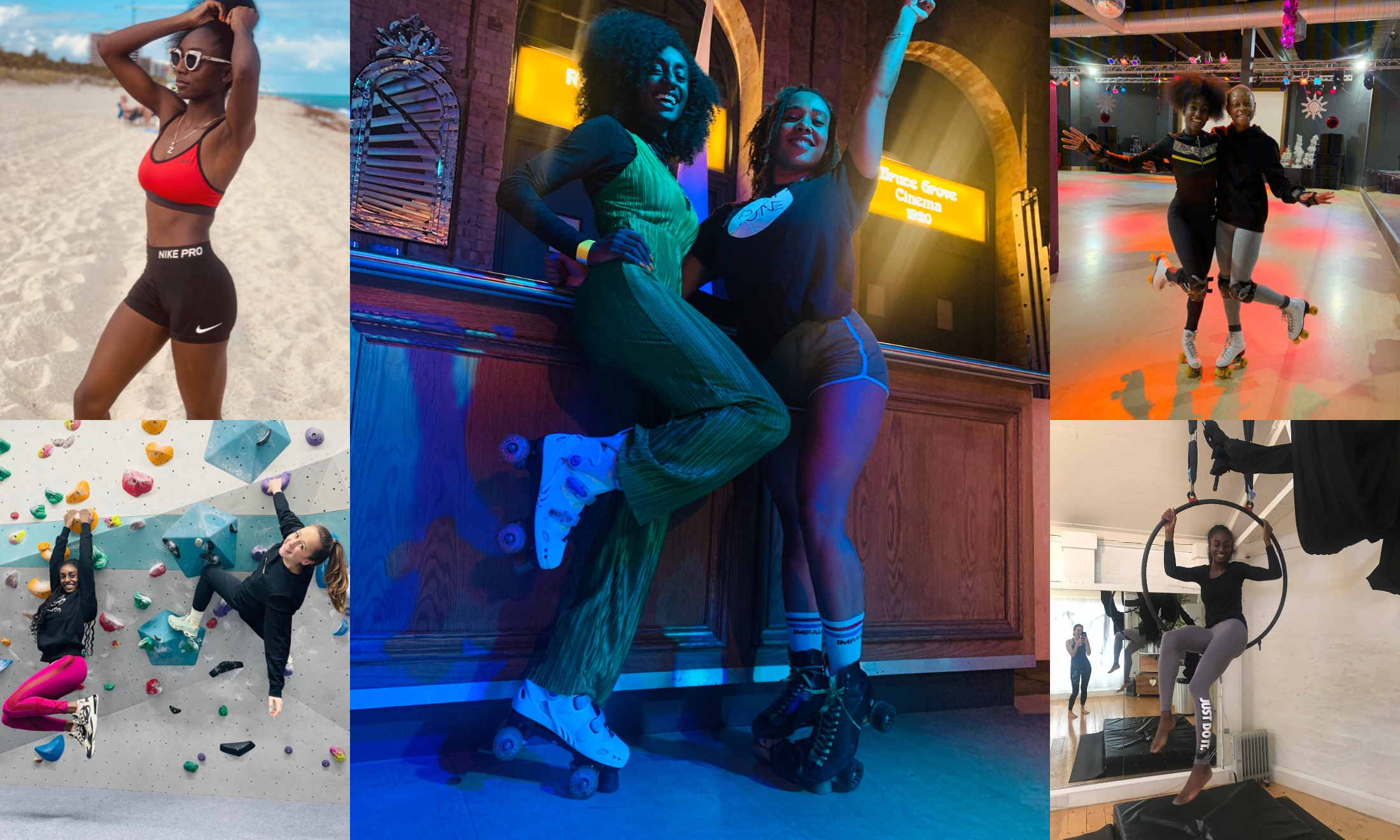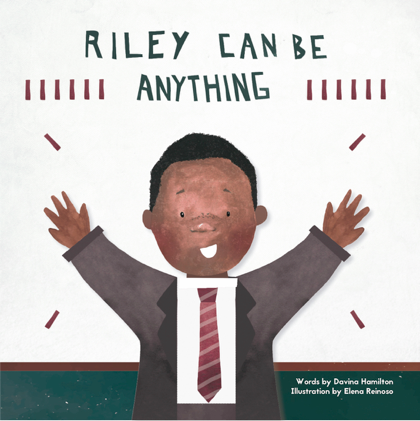
Riley Can Be Anything: new book shows black kids they can be anything too
Kuba Shand Baptiste
07 Jul 2017
The publishing industry in the UK still has a lot to answer for where representation is concerned. And it’s not just adult literature.
Though research on inclusion in the UK publishing industry is severely lacking compared to the US, the little we do know from first-hand accounts and limited reports paints a stagnated picture of progress in the children’s book industry.
Statistics from London-based writer development agency, Spread the Word’s Writing the future, black and Asian authors and publishers in the marketplace report, for example, shows that just 47 per cent of BAME authors “said their debut was agented” compared to 64 per cent of white novelists. To add to this,in the dozen years since its inception, the esteemed Waterstone’s Children’s Book Prize has only awarded one prize to a black writer: Patrice Lawrence in the Older Fiction category for her Hackney-set novel, Orangeboy.
Unfortunately, without considered effort from parents or guardians, great numbers of children of colour can easily spend their childhoods with limited exposure to stories that reflect their realities, let alone their appearances. But Davina Hamilton, former Entertainment Editor at The Voice-turned children’s book author, hopes to help change that with her debut children’s book, Riley Can Be Anything.
Centred around a conversation on ambition between the book’s protagonist, Riley, and his older cousin, Joe, Davina’s short story demonstrates that despite systematic attempts to negate their potential, black children have as much right to ambition as any other group do.
gal-dem spoke to Davina about her foray into children’s literature, the importance of instilling confidence in black children, and the state of the children’s books publishing industry.
gal-dem: As former entertainment editor for The Voice, I’m sure you know as well as anyone about the ongoing struggle for the positive representation of black people. What made you choose children’s literature as a vehicle to tackle this issue?
My four-year-old daughter and three-year-old son always enjoy when I read them bedtime stories, so I thought it would be nice to create a book that could be added to their reading collection. In doing so, I created characters that reflected their image in a positive way, in order to inspire them, and hopefully every child that reads the book.
I want both of them to grow up believing that, with hard work, all possibilities are open to them. As they get older, I’m sure I’ll have to have conversations with them about the obstacles they may face, but ultimately, I want them to grow up with an ‘I can’ mentality.
There are a range of black male characters in the book who demonstrate the wealth of possibilities open to Riley. There’s a musician, a doctor, a teacher, etc. Why was it important for you to show that both young black boys and black men can pursue any path they want to?
We know that the representation of black men and perceptions of black men are often far from positive. Whether it’s the legacy of media stereotypes, prejudice from employers/teachers, etc, black boys/men don’t always get a fair deal in society. But if it’s a choice between wallowing about injustice or focusing on achieving my goals, I would sooner pick the latter. One of the first steps to achieving anything you want is self-belief, hence why I created a book that will, hopefully, allow young children to realise from an early age that if they believe in themselves, they can do anything.
How does it feel knowing that you have the opportunity to play a part in how little black children see themselves reflected?
I feel immensely proud. I’ve had so many conversations with people of my age group (I’m 34), who can’t recall having many/any books that featured black characters when they were children. I feel it’s important for black children to see reflections of themselves in the books they read and I’m thrilled to be able to play my part with this book.
The line: “Riley, you can be anything!” is very powerful, it almost acts as an affirmation. Was that your intention?
Absolutely. Ever since my daughter was old enough to understand what was being said to her, my mum would tell her: “You’re going to be the first doctor in the family!” Mum said it to her so often that whenever I asked my daughter what she was going to be when she grows up, she’d say: “I’m going to be the first doctor in the family!” Obviously, I have no idea if my daughter will follow that path, but the point is, she knows she can be a doctor if she wants to be. That’s what I want for the children who read this book; to understand that they can be anything.
As a child, reading books with characters who looked like me gave me the tools to question why black people were so seldom included in literature and entertainment. It made me realise that we deserved to be there. Did you set out to create a story that would have a similar impact?
What I wanted was to do my part to normalise the inclusion of black children in children’s books. Books with black children in them shouldn’t be considered ‘niche’, nor should they be regarded as books that are exclusively for black children. I wrote an article recently about how I felt when my daughter came to me one day and noted that she and her brother were “the only ones with brown faces” at their nursery. I don’t want my children to ever see themselves as oddities because they’re black, nor do I like the idea of any black child thinking it’s unusual to see reflections of themselves in books or on television. The more books, cartoons, TV shows (etc) there are that feature black people, the more normal these things will be considered. That’s what I want.
What was your reasoning behind choosing not to have Riley decide what to be at the conclusion of the book?
I don’t think it’s essential for a child as young as Riley to choose his career path so early. I wanted the focus to be on letting children know that there are many options open to them – they can, indeed, be anything.
Now that you’re in the children’s literature market, are there any other stories or themes you’d like to explore in the near future?
My next book is called ‘Riley Knows He Can’ and it’s another inspiring story featuring our young main character, Riley. I always have different ideas whizzing around in my head so time will tell what I come up with next.
Do you think the UK publishing industry is moving forward in terms of allowing more diverse stories to be told within children’s literature?
Having spoken to friends I have in the publishing industry, I would say no. But that’s if we’re talking about major publishing houses. There are many authors who, like me, have done things independently, which means you don’t have to wait for a publisher to give you the green light. But it would be great if publishers in general were more open to putting out more diverse children’s books because, while I believe that children aren’t colour blind, I also believe that they are possibly the only demographic who aren’t yet burdened by the type of racial bias that affects so many adults. Allowing children to see books that feature all types of characters will allow them to grow up seeing diversity as a norm. This, surely, can only help us move towards being a truly inclusive society.
Riley Can Be Anything is out now, available through Amazon and www.davinahamilton.com

